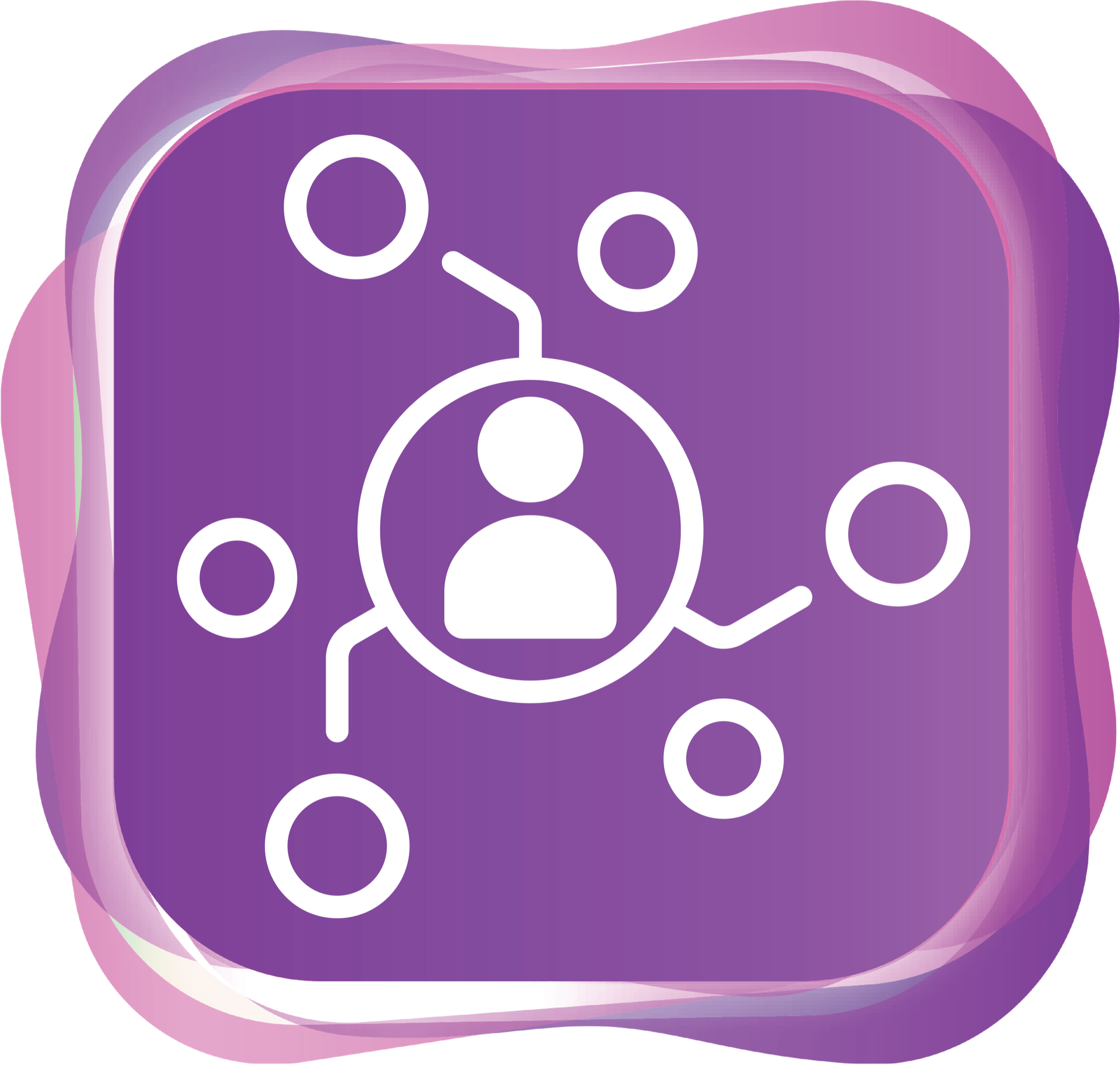 |
CCAI9010 Artificial Intelligence
|
Course Description
Artificial intelligence (AI) is transforming how people communicate—shaping news production, online conversations, and interpersonal interaction. At the same time, AI’s growing presence raises ethical concerns and social risks. This course explores how AI tools are utilized in communications across a range of domains, including journalism, social media, healthcare, workplaces, education, and politics. Students will examine how AI tools are utilized across these environments, the ethical concerns they raise, and the implications for societal impact. Specifically, this course will explore:
- How are AI tools utilized in various contexts, and what purposes does it serve?
- What are the prevalent risks and ethical concerns in AI-mediated communication?
- How do these risks and ethical challenges manifest in specific contexts such as social media, journalism, politics, and healthcare?
- How does AI contribute to the spread of misinformation, and what impact does this have on society?
- What regulatory frameworks currently govern AI, and what are the anticipated directions for future AI governance?
Through lectures, case studies, and discussions, students will gain a nuanced understanding of the complexities introduced by AI into daily life and broader societal interactions.

Course Learning Outcomes
On completing the course, students will be able to:
- Understanding the key ethical issues and societal risks associated with AI technologies.
- Critically evaluate AI’s impact on various contexts, including communication, health, and politics.
- Understand various bias in AI from global and critical perspective.
- Understand and analyze the regulatory frameworks regulating AI, with an emphasis on global perspectives.
- Collaborate effectively in discussions and projects, demonstrating enhanced communication and problem-solving skills.
Offer Semester and Day of Teaching
Second semester (Wed)
Study Load
| Activities | Number of hours |
| Lectures | 24 |
| Tutorials | 12 |
| Reading / Self-study | 24 |
| Assessment: Essay / Report writing | 20 |
| Assessment: Group project | 25 |
| Assessment: Presentation (incl preparation) | 20 |
| Total: | 125 |
Assessment: 100% coursework
| Assessment Tasks | Weighting |
| In-class discussion | 20 |
| Essay | 15 |
| Reflection paper | 15 |
| Quiz | 30 |
| Group project | 20 |
Required Reading
- European Parliament. (2023). EU AI Act: first regulation on artificial intelligence. From https://www.europarl.europa.eu/topics/en/article/20230601STO93804/eu-ai-act-first-regulation-on-artificial-intelligence
- Hancock, J. T., Naaman, M., & Levy, K. (2020). AI-mediated communication: Definition, research agenda, and ethical considerations. Journal of Computer-Mediated Communication, 25(1), 89-100.
- Ipsos. (2024). The Ipsos AI Monitor 2024. From https://www.ipsos.com/sites/default/files/ct/news/documents/2024-06/Ipsos-AI-Monitor-2024-final-APAC.pdf
- Metz, C., & Weise, K. (2025, May 5). AI Hallucinations Are Getting Worse, Not Better. The New York Times. From https://www.nytimes.com/2025/05/05/technology/ai-hallucinations-chatgpt-google.html
- Stanford Human-Centered Artificial Intelligence (HAI). (2025). HAI AI Index Report 2025. From https://hai-production.s3.amazonaws.com/files/hai_ai_index_report_2025.pdf [Chaps. 3 & 5]
- The New York Times Trust Team. (2024). How The New York Times Uses A.I. for Journalism. The New York Times. From https://www.nytimes.com/2024/10/07/reader-center/how-new-york-times-uses-ai-journalism.html
Course Co-ordinator and Teacher(s)
| Course Co-ordinator | Contact |
| Professor B. Chen Journalism and Media Studies Centre, Faculty of Social Sciences |
Tel: 3914 4119 Email: chenb@hku.hk |
| Teacher(s) | Contact |
| Professor B. Chen Journalism and Media Studies Centre, Faculty of Social Sciences |
Tel: 3914 4119 Email: chenb@hku.hk |

